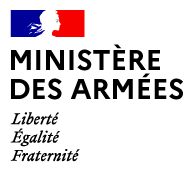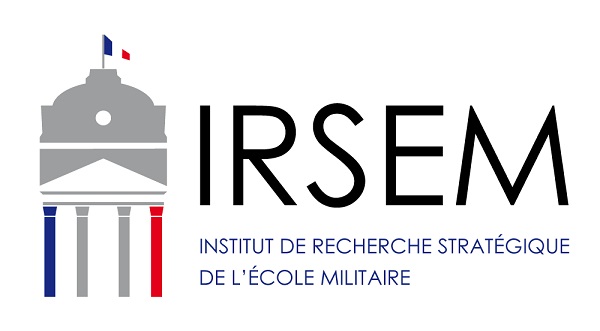Since August 2019, the Somali federal member state of Jubaland has been at the center of a national and regional crisis pitting the political and military forces of the Jubaland administration against the Federal Government of Somalia, as well as those of Kenya – who supports the Jubaland administration – and Ethiopia. As such, the crisis is potentially disruptive to the precarious regional order in the Horn and has the potential to open a new conflict front in Somalia to the benefit of Al-Shabaab. To understand those recent events, this research paper looks back at the actors and processes that enabled the creation of the state in 2013. The product of a “working misunderstanding” between multiple actors whose divergent interests could not be reconciled in the long term, Jubaland has been a crisis in the making for the past ten years due to a complex set of interacting factors: the failures of the internationally-backed state-building project in Somalia, a federal system whose shortcomings have become increasingly salient President Farmajo’s tenure, the competing strategic interests of Kenya, Ethiopia and Somalia, and lastly the recent extension of the Gulf power competition to the Horn of Africa.
Download Research Paper No. 96 - 2020



